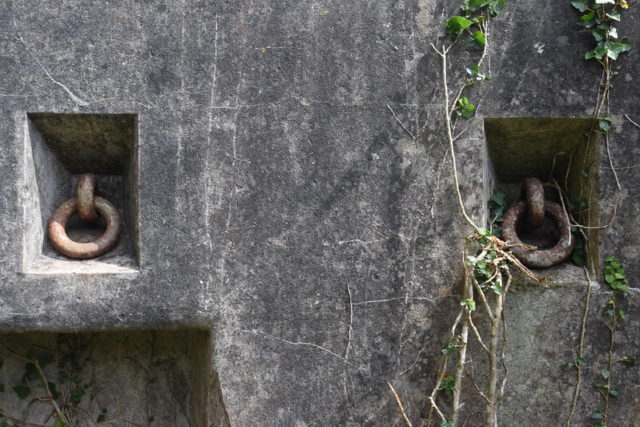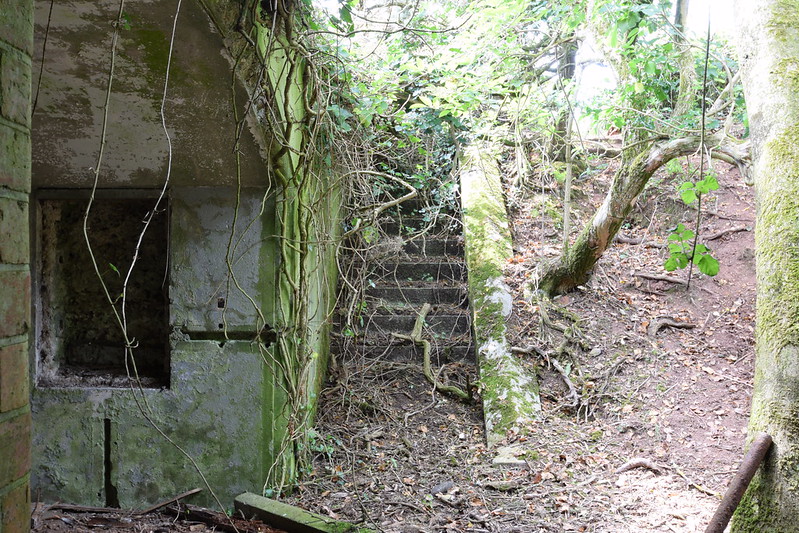On a slope near the city of Plymouth, England, there is a preserved coastal artillery battery that was built in the late 19th century to protect the Royal Naval Dockyard in Devonport. It was named Battery Raleigh.
The battery was abandoned in 1948, after which it fell into decay and became overgrown with vegetation. Today, Battery Raleigh is considered a historical landmark because it is mostly intact and has escaped vandalism. It stands between Hawkins battery and Maker Farm, which are located nearby.
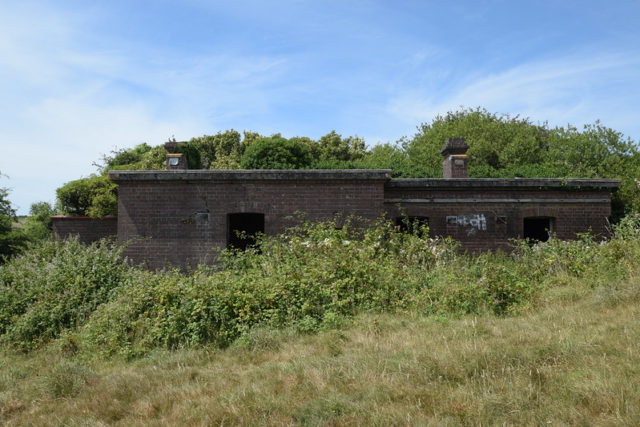
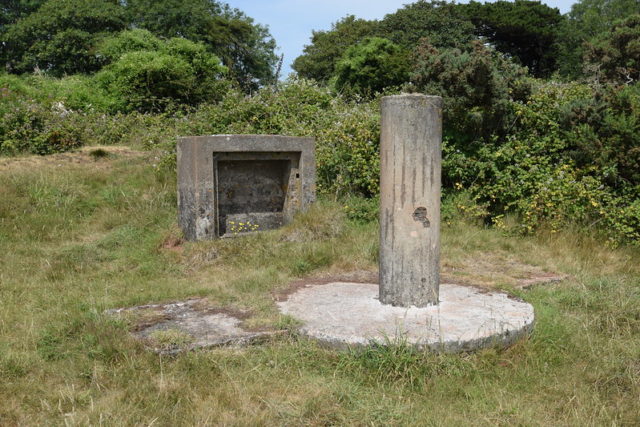
Construction of the battery began in March 1890 and continued until August 1894. The final cost of construction came out to be around £5,000 at the time, a sum equivalent to about £600,000 today.
The original intention had been to install only one 17-inch cannon, but instead, Battery Raleigh had two 10-inch Breech Loading guns installed. In the 1890s, the British coastal artillery would install a 9.2-inch Breech Loading gun as standard, so Raleigh was one of the few batteries to have 10-inch guns installed.
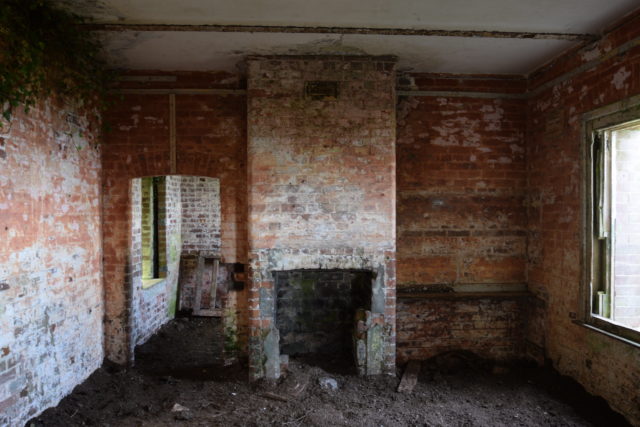
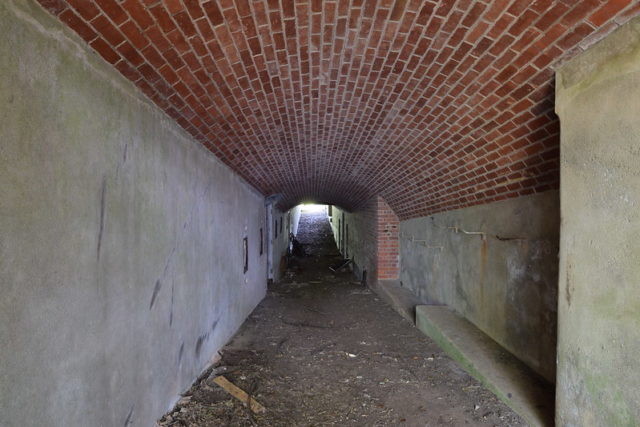
Each emplacement incorporated a magazine store and shelter for the gun crew. The right-hand battery also had a water catchment area and associated tank, while the left-hand emplacement had an oil store. All of the area was surrounded by an iron fence.
The location on the slope was chosen to prevent enemy ships from lying at anchor in the sea off Cawsand Bay. Battery Raleigh also guarded the approaches to Plymouth Sound along with Picklecombe Fort.
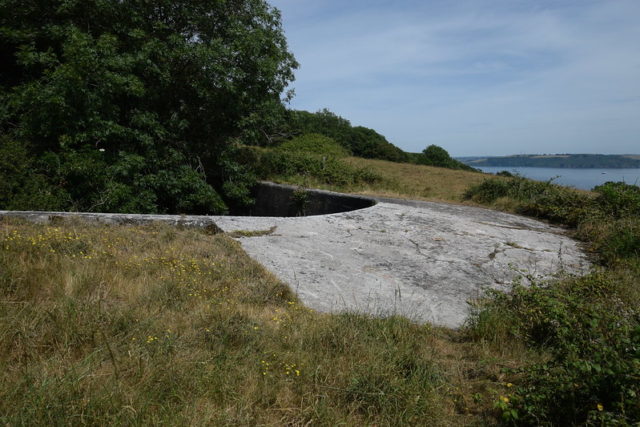
There were no barracks at Battery Raleigh because it was anticipated that this particular military installation would only be manned in times of need. But there was a caretaker’s cottage: a squat, brick building consisting of two bedrooms, a living room, and a scullery.
Underground tunnels linked the two batteries as well as the underground magazine storage areas. Recesses were incorporated into these tunnels to hold firearms and lamps.
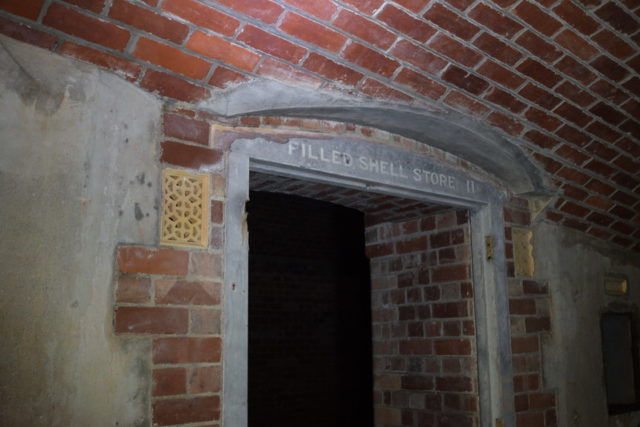
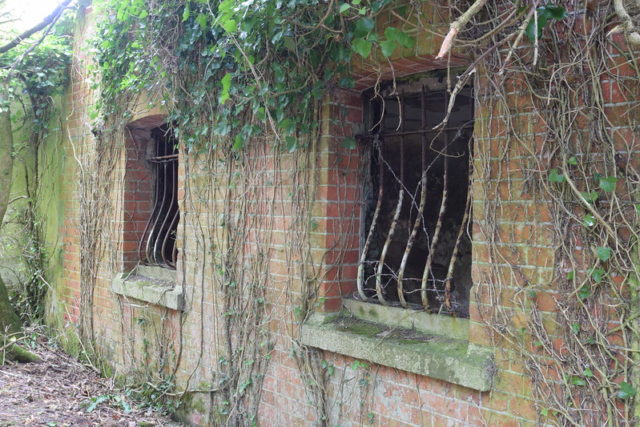
Between 1889 and 1892, Penlee Battery was built on Penlee Point. With superior gun power that included three 9.2-inch guns, the coast near Plymouth was suitably defended and Raleigh Battery was no longer needed. Raleigh’s guns were dismounted in 1910.
The War Department officially abandoned Raleigh in 1948. Unlike Penlee Battery, where the battery was demolished and the gun emplacements filled in, Raleigh was left intact.
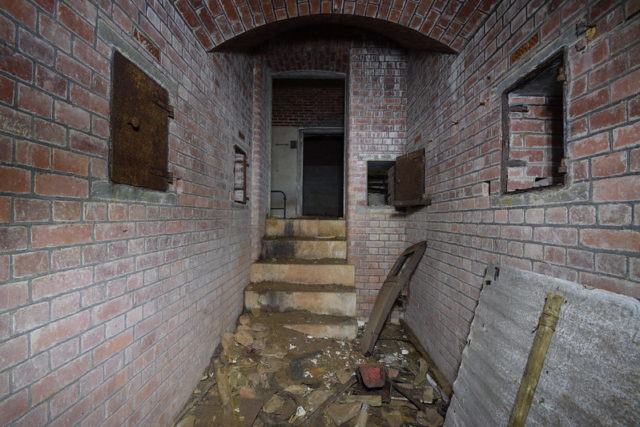
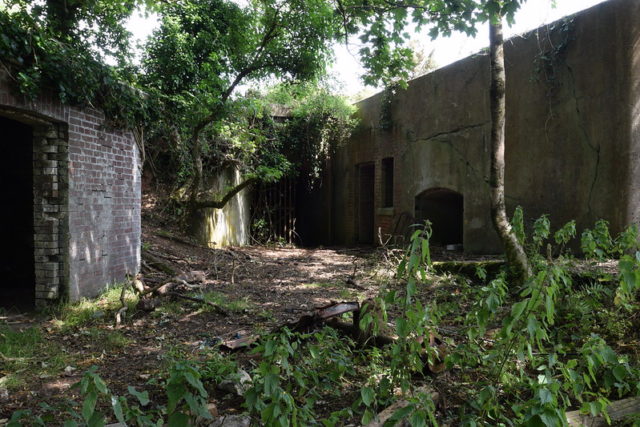
Now, the area surrounding the former military site is almost completely overgrown with vegetation. It has become a very unsafe location, like any place which has been left neglected for so long. But it is still a draw to military history enthusiasts, photographers, and lovers of abandoned places.
The photos of the abandoned battery were taken by Newage. A big thank you to him for allowing us to share them here. You should definitely check his Flickr account, where he publishes a lot of interesting photos of historical locations and aircraft.
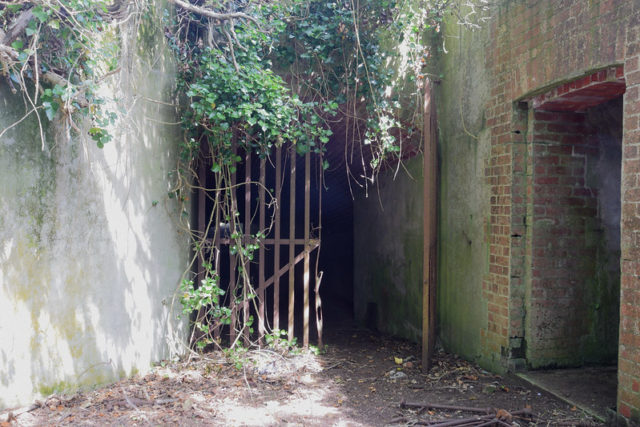
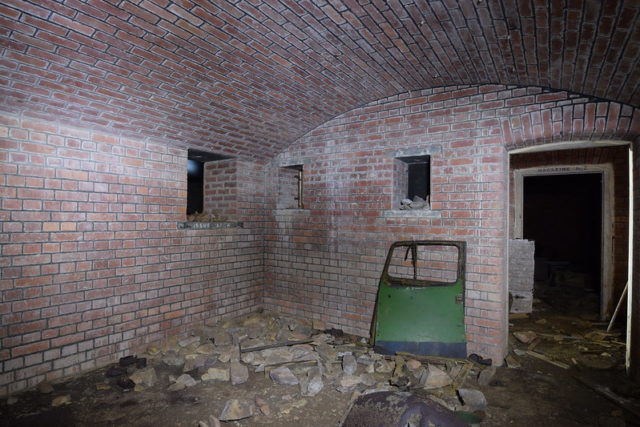
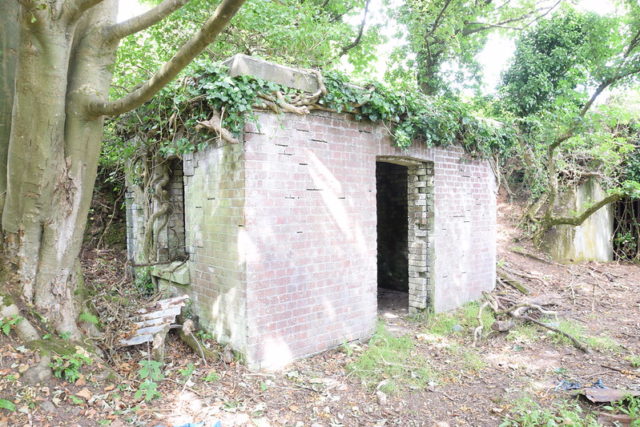
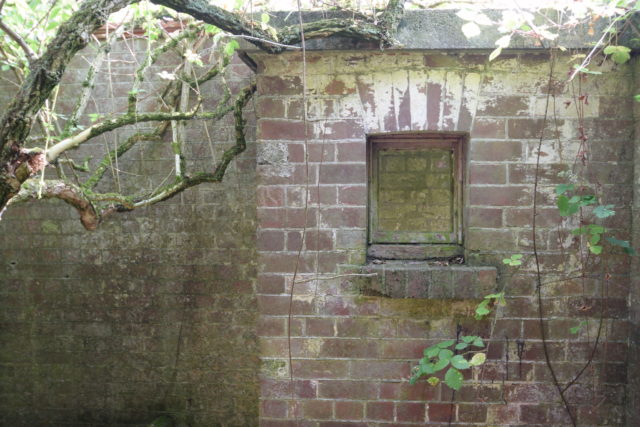
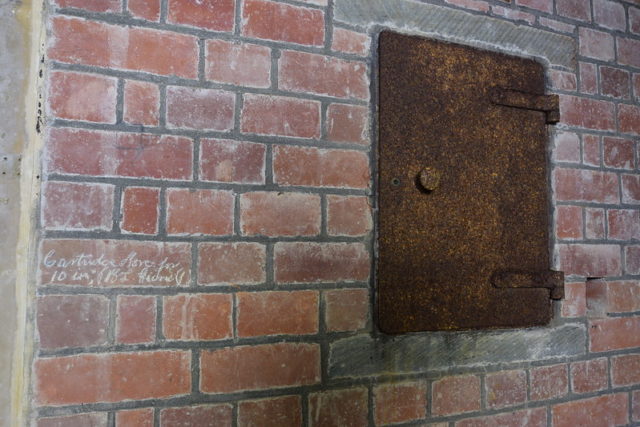
Another Article From Us: Battery 223 at Cape May Point State Park
